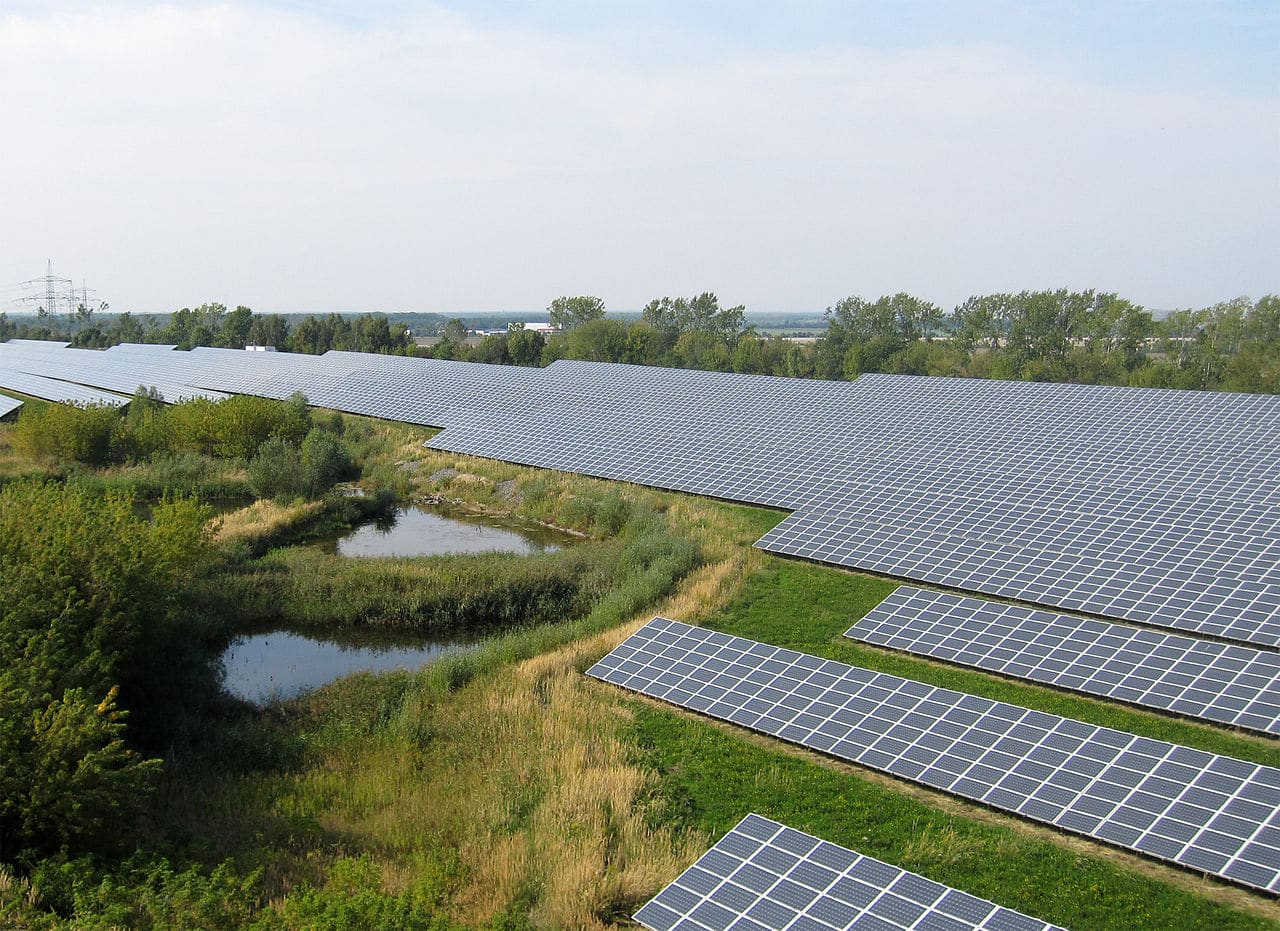The Rise of Green Energy?

Written by Tim Lash, Focus Fusion Society Contributor.
The About page of FocusFusion.org describes our group as “a grassroots campaign and educational organization, fighting to bring cheap green energy to all.” Of course the ultimate green energy would be aneutronic fusion like that being pursued by LPPFusion and other groups. However, while that pursuit is underway, there has been progress in the move away from traditional fossil fuel energy production.
On April 30, 2017, Germany set a record by generating 85% of its electricity from renewable resources. This day was particularly windy and sunny. The power generated from solar and wind farms added to that from biomass and hydro plants summed up to 85% of the country’s demand. The remaining 15% came from coal plants and fission based nuclear reactors. This high water mark for green energy production in the country is surely a sign of things to come as the country continues its quests for sustainable energy production.
Coal has long been king in the United Kingdom. It powered the industrial revolution and helped to raise the British Empire. Yet, in November 2015 UK energy secretary Amber Rudd announced the UK will close all coal-fired power plants by 2025. Fission and gas powered plants will replace the generation capacity now provided by coal. While not as ideal as replacement with renewable sources, retiring the most polluting of fossil fuels is still a step in the right direction.
The next November France followed the announcement by the UK with a similar goal. However, they vow to beat the 2025 goal by two years. Speaking at the 2016 UN climate change conference in Marrakech, Morocco, French president Francois Hollande made the announcement. His country will shut down all its coal-fired power plants by 2023. France already meets 75% of its electricity needs with nuclear fission plants.
Finally, November 2017 saw a group of countries agree to a coal-free future. More than 25 countries and regions pledged to stop using the fuel in power generation by 2030. The British-Canadian initiative was supported by countries including France, Italy, Mexico, the Netherlands, Finland, Portugal and New Zealand, as well as the US state of Washington and Canadian provinces such as Ontario and Alberta.
The momentum generated by these coal goals set over the last three Novembers, as well as Germany’s progress, will surely propel additional research in renewable energy. Hopefully that will translate into financial support for some of our favorite fusion initiatives. Aneutronic fusion’s promise of always on green energy is one worth seeking out.